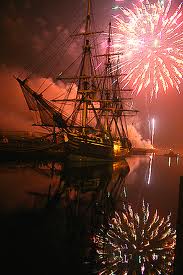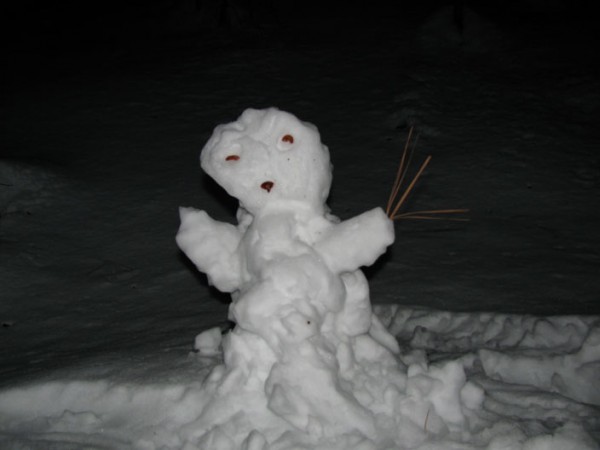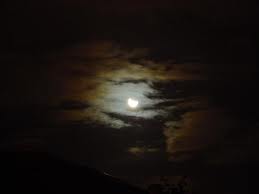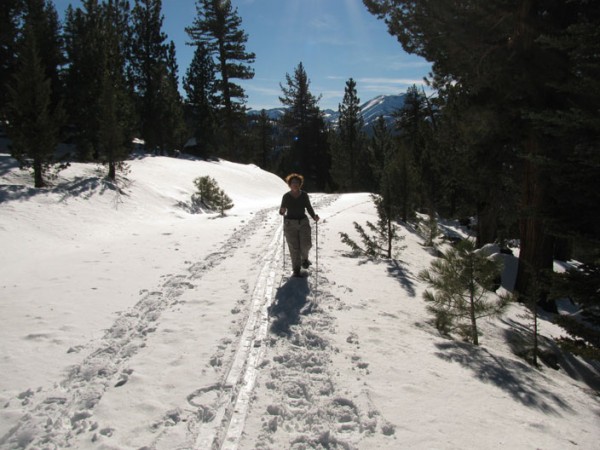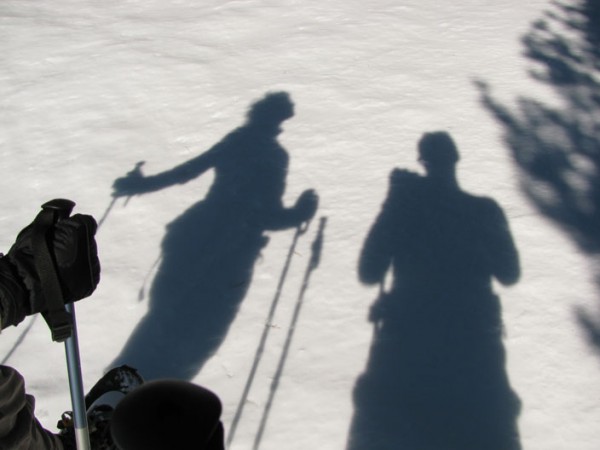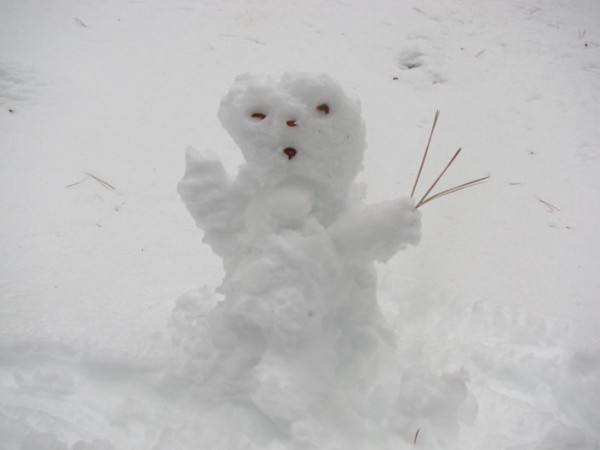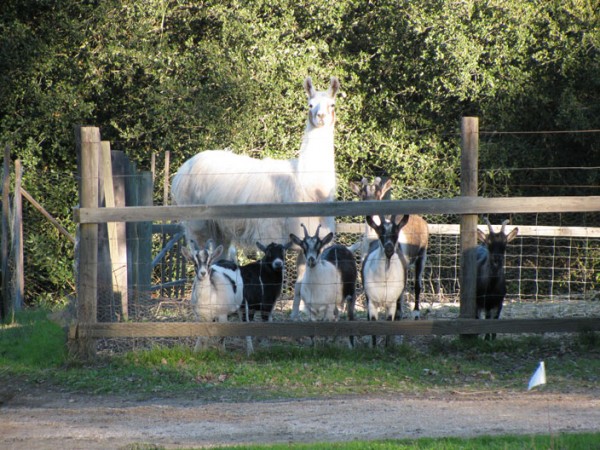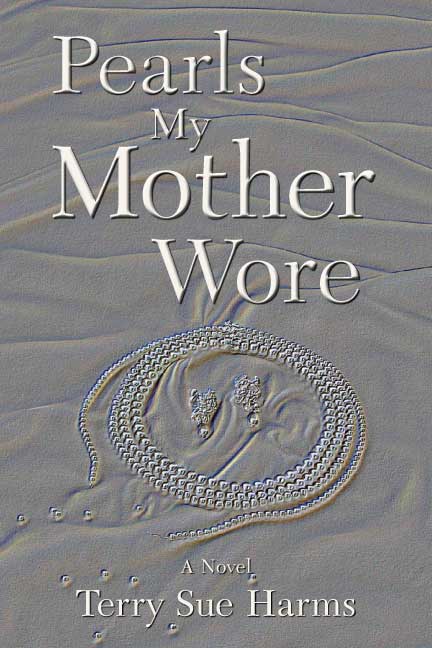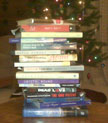
recent reads
Today’s post is going to be on the short side because my hip doesn’t seem to want to cooperate with my leg or my desk chair. It’s been acting up for a couple of days and is probably trying to tell me to slow down.
This pictured stack of books has been on my mind for a while now. It, and half a dozen others on my Kindle, is where I’ve put significant chunks of time this year. I keep trying to get ahead on my reading list, but I’m not succeeding. I so wish that I was one of those kind of people who reads a book a night. They really do exist. Even a book a week would make me happy. Each of these books has been wonderful to read, and I’m glad to have read them. Many were written by my new friends in the writing world, people I have met through my Left Coast Writers group that meets at Book Passage in Marin once a month. Many others have been recommended by loving and supportive friends. The problem is, I don’t have enough time to read everything, and I’m frustrated.
Last week a Facebook friend sent out a list of 100 of Britain’s favorite books. The survey suggested that the average person will have read only about six of them. Then it asked how many has the viewer read. I have read 15 of them cover to cover: 6/8/10/17/19/29/32/43/52/53/62/70/88/90 & 97.
Here’s that list:
1. The Lord of the Rings, JRR Tolkien
2. Pride and Prejudice, Jane Austen
3. His Dark Materials, Philip Pullman
4. The Hitchhiker’s Guide to the Galaxy, Douglas Adams
5. Harry Potter and the Goblet of Fire, JK Rowling
6. To Kill a Mockingbird, Harper Lee
7. Winnie the Pooh, AA Milne
8. Nineteen Eighty-Four, George Orwell
9. The Lion, the Witch and the Wardrobe, CS Lewis
10. Jane Eyre, Charlotte Brontë
11. Catch-22, Joseph Heller
12. Wuthering Heights, Emily Brontë
13. Birdsong, Sebastian Faulks
14. Rebecca, Daphne du Maurier
15. The Catcher in the Rye, JD Salinger
16. The Wind in the Willows, Kenneth Grahame
17. Great Expectations, Charles Dickens
18. Little Women, Louisa May Alcott
19. Captain Corelli’s Mandolin, Louis de Bernieres
20. War and Peace, Leo Tolstoy
21. Gone with the Wind, Margaret Mitchell
22. Harry Potter And The Philosopher’s Stone, JK Rowling
23. Harry Potter And The Chamber Of Secrets, JK Rowling
24. Harry Potter And The Prisoner Of Azkaban, JK Rowling
25. The Hobbit, JRR Tolkien
26. Tess Of The D’Urbervilles, Thomas Hardy
27. Middlemarch, George Eliot
28. A Prayer For Owen Meany, John Irving
29. The Grapes Of Wrath, John Steinbeck
30. Alice’s Adventures In Wonderland, Lewis Carroll
31. The Story Of Tracy Beaker, Jacqueline Wilson
32. One Hundred Years Of Solitude, Gabriel García Márquez
33. The Pillars Of The Earth, Ken Follett
34. David Copperfield, Charles Dickens
35. Charlie And The Chocolate Factory, Roald Dahl
36. Treasure Island, Robert Louis Stevenson
37. A Town Like Alice, Nevil Shute
38. Persuasion, Jane Austen
39. Dune, Frank Herbert
40. Emma, Jane Austen
41. Anne Of Green Gables, LM Montgomery
42. Watership Down, Richard Adams
43. The Great Gatsby, F Scott Fitzgerald
44. The Count Of Monte Cristo, Alexandre Dumas
45. Brideshead Revisited, Evelyn Waugh
46. Animal Farm, George Orwell
47. A Christmas Carol, Charles Dickens
48. Far From The Madding Crowd, Thomas Hardy
49. Goodnight Mister Tom, Michelle Magorian
50. The Shell Seekers, Rosamunde Pilcher
51. The Secret Garden, Frances Hodgson Burnett
52. Of Mice And Men, John Steinbeck
53. The Stand, Stephen King
54. Anna Karenina, Leo Tolstoy
55. A Suitable Boy, Vikram Seth
56. The BFG, Roald Dahl
57. Swallows And Amazons, Arthur Ransome
58. Black Beauty, Anna Sewell
59. Artemis Fowl, Eoin Colfer
60. Crime And Punishment, Fyodor Dostoyevsky
61. Noughts And Crosses, Malorie Blackman
62. Memoirs Of A Geisha, Arthur Golden
63. A Tale Of Two Cities, Charles Dickens
64. The Thorn Birds, Colleen McCollough
65. Mort, Terry Pratchett
66. The Magic Faraway Tree, Enid Blyton
67. The Magus, John Fowles
68. Good Omens, Terry Pratchett and Neil Gaiman
69. Guards! Guards!, Terry Pratchett
70. Lord Of The Flies, William Golding
71. Perfume, Patrick Süskind
72. The Ragged Trousered Philanthropists, Robert Tressell
73. Night Watch, Terry Pratchett
74. Matilda, Roald Dahl
75. Bridget Jones’s Diary, Helen Fielding
76. The Secret History, Donna Tartt
77. The Woman In White, Wilkie Collins
78. Ulysses, James Joyce
79. Bleak House, Charles Dickens
80. Double Act, Jacqueline Wilson
81. The Twits, Roald Dahl
82. I Capture The Castle, Dodie Smith
83. Holes, Louis Sachar
84. Gormenghast, Mervyn Peake
85. The God Of Small Things, Arundhati Roy
86. Vicky Angel, Jacqueline Wilson
87. Brave New World, Aldous Huxley
88. Cold Comfort Farm, Stella Gibbons
89. Magician, Raymond E Feist
90. On The Road, Jack Kerouac
91. The Godfather, Mario Puzo
92. The Clan Of The Cave Bear, Jean M Auel
93. The Colour Of Magic, Terry Pratchett
94. The Alchemist, Paulo Coelho
95. Katherine, Anya Seton
96. Kane And Abel, Jeffrey Archer
97. Love In The Time Of Cholera, Gabriel García Márquez
98. Girls In Love, Jacqueline Wilson
99. The Princess Diaries, Meg Cabot
100. Midnight’s Children, Salman Rushdie
The Facebook questionnaire also had a U.S. version of book favorites. On this list I remember reading 23 of them cover to cover: 3/5/8/10/22/37/38/39/43/48/49/50/51/60/61/62/66/80/83/84/85/87 & 98. As on the previous list, there are many that I have tried to read.
Here’s that U. S. list:
1 Pride and Prejudice – Jane Austen
2 The Lord of the Rings – JRR Tolkien
3 Jane Eyre – Charlotte Bronte
4 Harry Potter series – JK Rowling
5 To Kill a Mockingbird – Harper Lee
6 The Bible
7 Wuthering Heights – Emily Bronte
8 Nineteen Eighty Four – George Orwell
9 His Dark Materials – Philip Pullman
10 Great Expectations – Charles Dickens
11 Little Women – Louisa M Alcott
12 Tess of the D’Urbervilles – Thomas Hardy
13 Catch 22 – Joseph Heller
14 Complete Works of Shakespeare
15 Rebecca – Daphne Du Maurier
16 The Hobbit – JRR Tolkien
17 Birdsong – Sebastian Faulk
18 Catcher in the Rye – JD Salinger
19 The Time Traveler’s Wife – Audrey Niffenegger
20 Middlemarch – George Eliot
21 Gone With The Wind – Margaret Mitchell
22 The Great Gatsby – F Scott Fitzgerald
24 War and Peace – Leo Tolstoy
25 The Hitch Hiker’s Guide to the Galaxy – Douglas Adams
27 Crime and Punishment – Fyodor Dostoyevsky
28 Grapes of Wrath – John Steinbeck
29 Alice in Wonderland – Lewis Carroll
30 The Wind in the Willows – Kenneth Grahame
31 Anna Karenina – Leo Tolstoy
32 David Copperfield – Charles Dickens
33 Chronicles of Narnia – CS Lewis
34 Emma -Jane Austen
35 Persuasion – Jane Austen
36 The Lion, The Witch and the Wardrobe – CS Lewis
37 The Kite Runner – Khaled Hosseini
38 Captain Corelli’s Mandolin – Louis De Bernieres
39 Memoirs of a Geisha – Arthur Golden
40 Winnie the Pooh – A.A. Milne
41 Animal Farm – George Orwell
42 The Da Vinci Code – Dan Brown
43 One Hundred Years of Solitude – Gabriel Garcia Marquez
44 A Prayer for Owen Meaney – John Irving
45 The Woman in White – Wilkie Collins
46 Anne of Green Gables – LM Montgomery
47 Far From The Madding Crowd – Thomas Hardy
48 The Handmaid’s Tale – Margaret Atwood
49 Lord of the Flies – William Golding
50 Atonement – Ian McEwan
51 Life of Pi – Yann Martel
52 Dune – Frank Herbert
53 Cold Comfort Farm – Stella Gibbons
54 Sense and Sensibility – Jane Austen
55 A Suitable Boy – Vikram Seth
56 The Shadow of the Wind – Carlos Ruiz Zafon
57 A Tale Of Two Cities – Charles Dickens
58 Brave New World – Aldous Huxley
59 The Curious Incident of the Dog in the Night-time – Mark Haddon
60 Love In The Time Of Cholera – Gabriel Garcia Marquez
61 Of Mice and Men – John Steinbeck
62 Lolita – Vladimir Nabokov
63 The Secret History – Donna Tartt
64 The Lovely Bones – Alice Sebold
65 Count of Monte Cristo – Alexandre Dumas
66 On The Road – Jack Kerouac
67 Jude the Obscure – Thomas Hardy
68 Bridget Jones’s Diary – Helen Fielding
69 Midnight’s Children – Salman Rushdie
70 Moby Dick – Herman Melville
71 Oliver Twist – Charles Dickens
72 Dracula – Bram Stoker
73 The Secret Garden – Frances Hodgson Burnett
74 Notes From A Small Island – Bill Bryson
75 Ulysses – James Joyce
76 The Inferno – Dante
77 Swallows and Amazons – Arthur Ransome
78 Germinal – Emile Zola
79 Vanity Fair – William Makepeace Thackeray
80 Possession – AS Byatt
81 A Christmas Carol – Charles Dickens
82 Cloud Atlas – David Mitchell
83 The Color Purple – Alice Walker
84 The Remains of the Day – Kazuo Ishiguro
85 Madame Bovary – Gustave Flaubert
86 A Fine Balance – Rohinton Mistry
87 Charlotte’s Web – E.B. White
88 The Five People You Meet In Heaven – Mitch Albom
89 Adventures of Sherlock Holmes – Sir Arthur Conan Doyle
90 The Faraway Tree Collection – Enid Blyton
91 Heart of Darkness – Joseph Conrad
92 The Little Prince – Antoine De Saint-Exupery
93 The Wasp Factory – Iain Banks
94 Watership Down – Richard Adams
95 A Confederacy of Dunces – John Kennedy Toole
96 A Town Like Alice – Nevil Shute
97 The Three Musketeers – Alexandre Dumas
98 Hamlet – William Shakespeare
99 Charlie and the Chocolate Factory – Roald Dahl
100 Les Miserables – Victor Hugo
The thing is, I’d like to take a more serious crack at many of the books on this list, which means I have to stop reading my friend’s books and get going on these.
This is what I’m going to do instead of re-enlisting in college. I’ll finish what books I’ve already purchased, but then, I’m going to dig in and try to read the ones that I didn’t finish the first time around: 1/7/13/18/19/20/24/27/28/29/31/41/70/76 & 91 .
Any thoughts?
What do you think of these two lists?
Have a great week, and I’ll be back next Friday.


